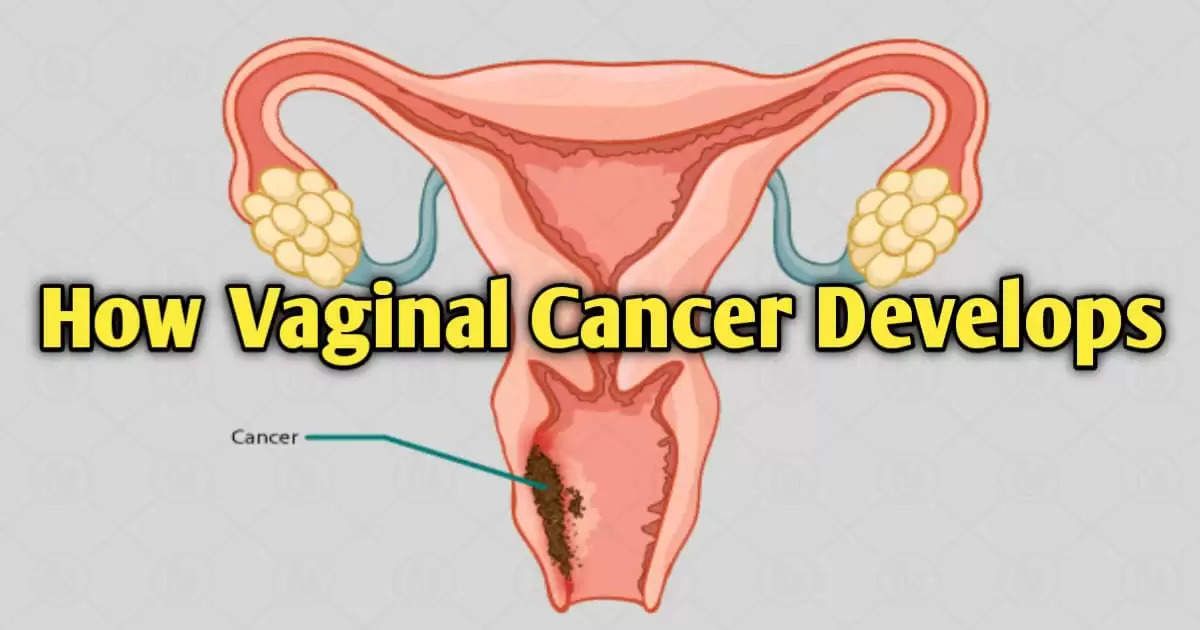Understanding Vaginal Cancer: Symptoms and Early Warning Signs

What is Vaginal Cancer?
Vaginal cancer is a rare cancer. The vagina is a muscular tube that connects your external genitalia to your uterus. Genital cancer usually occurs in the cells lining the inside of your vagina.
Many types of cancer can spread to your vagina from other parts of your body, but cancer that starts in the vagina is rare.
Diagnosing vaginal cancer in its early stages makes it easier to treat. Cancer that has spread outside the vagina is difficult to treat.
There are two types of vaginal cancer:
Squamous cell carcinoma:
Squamous cell carcinoma is cancer that occurs in the squamous cells (the thin, flat cells lining the inside of the vagina). This cancer spreads slowly and is usually confined to the lining of the vagina, but it can spread to the lungs, liver, or bones. It is the most common type of vaginal cancer.
Adenocarcinoma:
Adenocarcinoma is a cancer that starts in glandular cells. Adenocarcinoma is more likely to spread to the lungs and lymph nodes than squamous cell carcinoma.
What are the symptoms of vaginal cancer?
Sometimes vaginal cancer does not show any symptoms in its early stages. As it progresses it may have the following symptoms –
Abnormal vaginal bleeding. (for example, bleeding after intercourse)
Watery vaginal discharge.
Having lumps in the vagina.
Pain in passing urine.
Frequent urination.
Constipation.
Pain in the pelvis.
How to prevent vaginal cancer?
The best way to prevent vaginal cancer is to avoid getting infected with HPV. HPV is a very common sexually transmitted virus.
About 80 percent of sexually active men and women will be infected with HPV at some point in their lives.
HPV can cause many types of cancer, including cervical cancer.
The following factors can help prevent vaginal cancer –
Abstaining from sexual intercourse until late puberty or beyond.
Do not have physical contact with too many people.
Don't have sex with people who have sex with multiple people.
Have safe sex. (Though condoms don't completely protect against HPV.)
Do not smoke.
Researchers are investigating the causes and mechanisms of vaginal cancer. There is no known way to prevent it completely, but following the tips above can reduce the risk.
